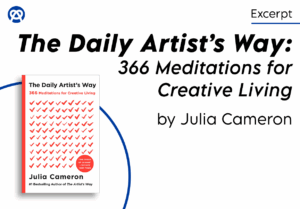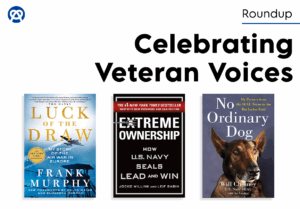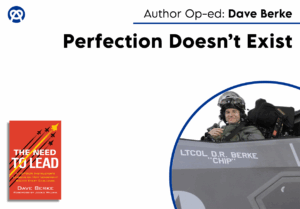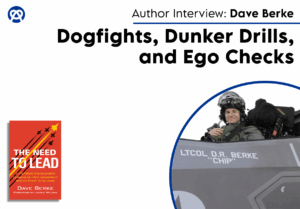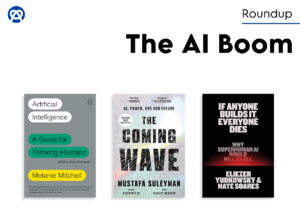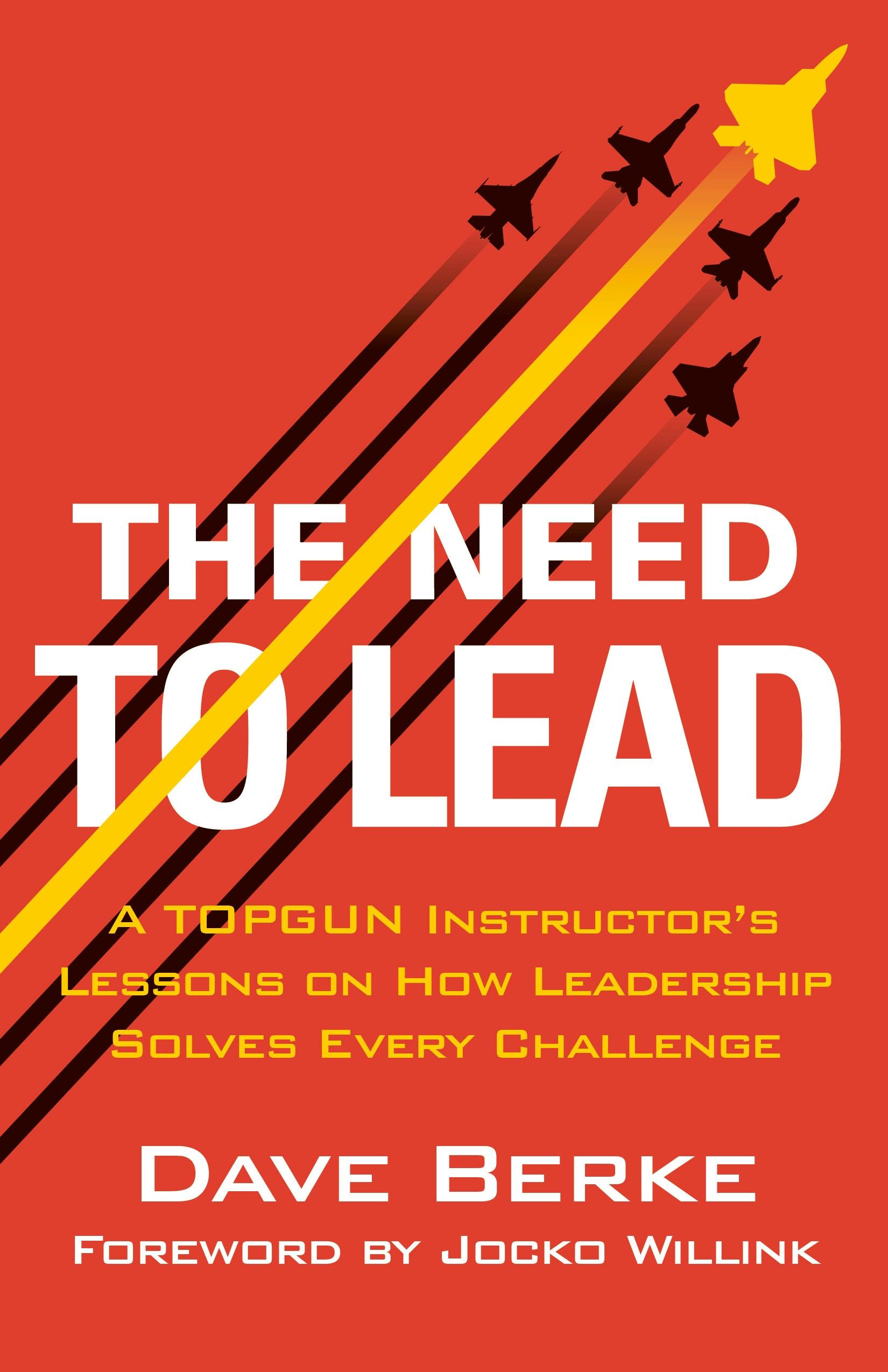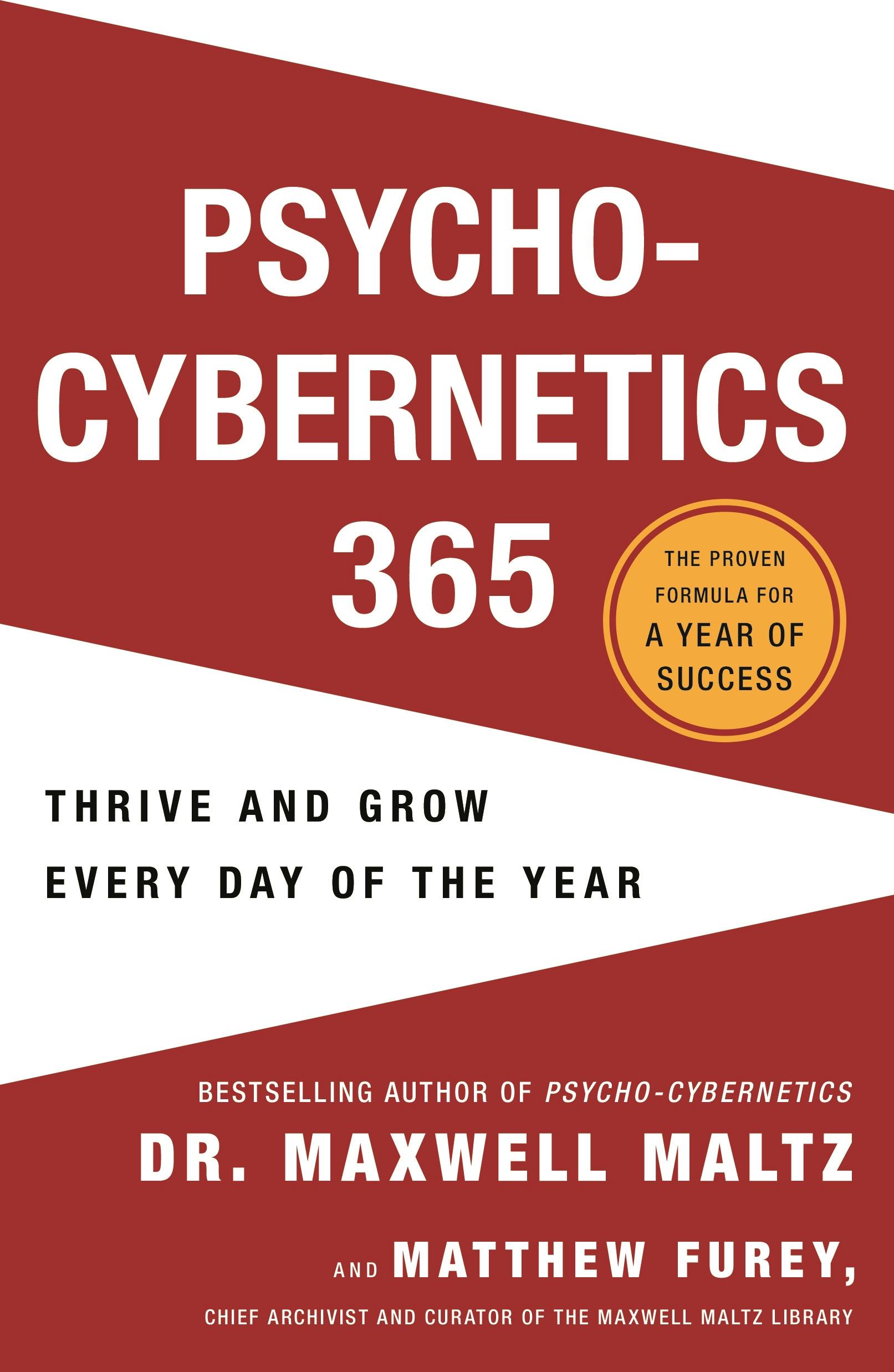
Anxiety is the most treatable of all our psychological challenges. Yet more and more of us are anxious, and familiar treatments can feel impossible to access or plainly inadequate. With a radical whole-self, whole-body approach, and the courage to tell her own story, Dr. Stephanie Dowrick puts knowledge and power back where it belongs: in your hands. Based on a rare depth of research and insight, Your Name Is Not Anxious offers an informed, compassionate perspective to help readers facing the loss of confidence and resilience that comes with chronic or acute anxiety. Read an excerpt below.
Whether anxiety is with you always or erupts only from time to time, it helps to know that of all the familiar psychological challenges, anxiety is the most treatable. This is because you can effectively learn to put anxiety in its place, in large part by seeing yourself more generously and your inner resources with greater trust.
Everything this book offers supports that.
Anxiety is not now and never will be the most important thing about you. Your name isn’t Anxious. Anxiety is not your identity. What’s more, anxiety is never your whole “story.” Nor should anxiety dictate the stories of who and what you are. Ever.
To write this book, I had to catch up on some of the exhilarating progress neuroscience has made and is still making. This is new frontier territory that affects us all. Yes, your mind is far more than “brain.” Yes, you are far more than “mind.” Nonetheless, brain and mind are powerful influences on your self-understanding.
To help myself as well as you, I needed to understand far better how you physiologically and psychologically respond to experiences in the present; how you store and make memories; and why some situations keep tripping you up. I also needed to understand how changes in the way you view, see, limit, or encourage yourself can best restore hope—and choice.
Science offers discoveries to support everyone enduring long-term visits from anxiety. These insights certainly include the effects on every aspect of your health when you are subjected to extended periods of stress and elevated levels of stress hormones, like cortisol.
Managing stress is not optional. Managing the physical effects of stress is also not optional. Stress does not explain the whole of the complex anxiety story. However, the release of stress hormones affects your entire body-mind. Sleeplessness, irritability, and increased anxiety can follow elevated stress hormone levels.
“Managing stress” in a world that causes so much stress takes skill and courage. But it must be done. In The Myth of Normal, Gabor and Daniel Maté write that on the “terrain” of economic achievement (for some, not all), “. . . we find many people in a state of chronic uncertainty and loss of control, subject to stress-inducing fears that translate into disturbances of the hormonal apparatus, of the immune system, and of the entire organism.”
That statement means a couple of things. None of us can shop our way to peace-of-mind success, believing that the next acquisition (or round of applause), or the next one, will “do it” for us. Plus, you need to know—and many, many of us don’t know—that whatever anxiety you feel, it is never “all in the mind.” It is everywhere in your body.
It makes you reactive, probably irritable or angry, and certainly tense. That affects your outlook, at least as much as your “outlook” affects your moods. Nothing in this story about you and anxiety is linear; it’s all “circular,” which made me feel excited when I could confirm the obvious: that when your mind is agitated, and you most identify with the emotions that anxiety brings, soothe your body first.
That again means strictly limiting and controlling stress—even and especially when you are saying, “That’s impossible . . .”
It is also powerfully reassuring to learn more about your brain’s capacity to “heal itself.” This broadly means that patterns of response in the brain are more “plastic” than previously assumed. This is terrific news for anyone with a brain injury or a disease like Parkinson’s. But new hope is echoed for many more people when you understand what lets you change patterns in your thinking and responding.
Insight depends on allowing yourself to challenge some familiar assumptions, and revise what you have been consciously and unconsciously telling yourself about yourself (and about every experience coming your way). The power of story is not just something that writers and readers know: the “default position” of the brain is “storytelling.”
It is completely natural that you and I are always telling ourselves stories. (You also have stories coming from your unconscious in your dreams.) By “stories,” I don’t mean fiction or fantasies, although they may be a lovely part of your imaginative life. “Stories” are the reflection of your own evolving expectations, as well as what you have been trained and conditioned to expect—or be repelled by. They go to the heart of what you believe matters most, how you identify your- self and what you are most strongly identified with. How you inspire yourself, what you are inspired by, how you set your intention-compass for the day: all these gifts owe much to “story,” even the fundamental message, “Yes, I can do this.”
A need for story is deep in your human nature. (Scientists are not exempt. Science tells many stories—most of them evolving.) A need for rich stories is also real, stories that acknowledge your complexity, inner contradictions, slow or swift changes in perception. No one, for example, consciously thinks, “My name is Anxious. My primary identity is anxiety. Or fear.” But someone may well have a hundred reasons why they cannot take a risk, cannot trust anyone—even an old friend. Maybe they feel too afraid to contradict their boss at work or their partner at home. Or are regularly awake at 3 a.m. scanning their mind for things that are “sure to go wrong.”
Nothing has more power than the stories you are telling yourself about yourself, about the impact others are having on your life, about what is fair or unfair, what is manageable, or not. Only some of this is conscious.
You inevitably have unconscious inner drives that can be tricky to “own.” You may also be projecting—which means you are attributing motivations or intentions to other people that come from your mind, not theirs. Such stories—inner narratives, dramas—can be utterly convincing. They can cause severe disruptions in your most intimate or dependent relationships. Yet they are one possible interpretation only, perhaps driven by old patterns of self-criticism or worse, rather than the reality-check audit (“Is there another, kinder way of thinking about this?”) available to you when you are less stressed or distressed.
Many of us who are psychologically affected by anxiety are physiologically affected by trauma, grief, fear, and anxiety.
During those hard times, your inner stories will almost invariably become blaming, floundering—and anxious. But—and it’s a consoling “but”—you are not stuck with any limiting patterns, stories, or expectations.
I love it that in his core book, The Brain’s Way of Healing, psychiatrist and psychoanalyst Norman Doidge points out that as new as some of these neuroscientific discoveries are, the insights about your essential cooperation with your whole-self healing are ancient.
Dr. Doidge writes, “The father of scientific medicine, Hippocrates, saw the body as the major healer, and the physician and patient working together with nature, to help the body activate its own healing capacities.”
No matter how intrusive anxiety is in your current life, it need not and must not define you. Nor need it dictate the stories that consciously and unconsciously guide your life. Truly, however you identify, whatever you most identify with, your name is not Anxious.
Copyright © 2025 by Stephanie Dowrick

Stephanie Dowrick, PhD, D.Min, has won major US awards for three of her books: Choosing Happiness: Life & Soul Essentials, Creative Journal Writing, and Heaven on Earth. A former leading publisher and psychotherapist, her much-loved best-sellers also include Intimacy & Solitude, Forgiveness and Other Acts of Love, The Universal Heart, Seeking the Sacred, and Everyday Kindness. She has written fiction for adults and children, contributes widely to mainstream and social media, and is known for her public speaking and workshop/retreat leadership in person and via Zoom, benefitting many hundreds each year. Stephanie was born in Aotearoa/New Zealand, spent sixteen years in Europe, mainly in the UK where she co-founded The Women’s Press in London. She now lives in Australia and makes active use of global social media.

